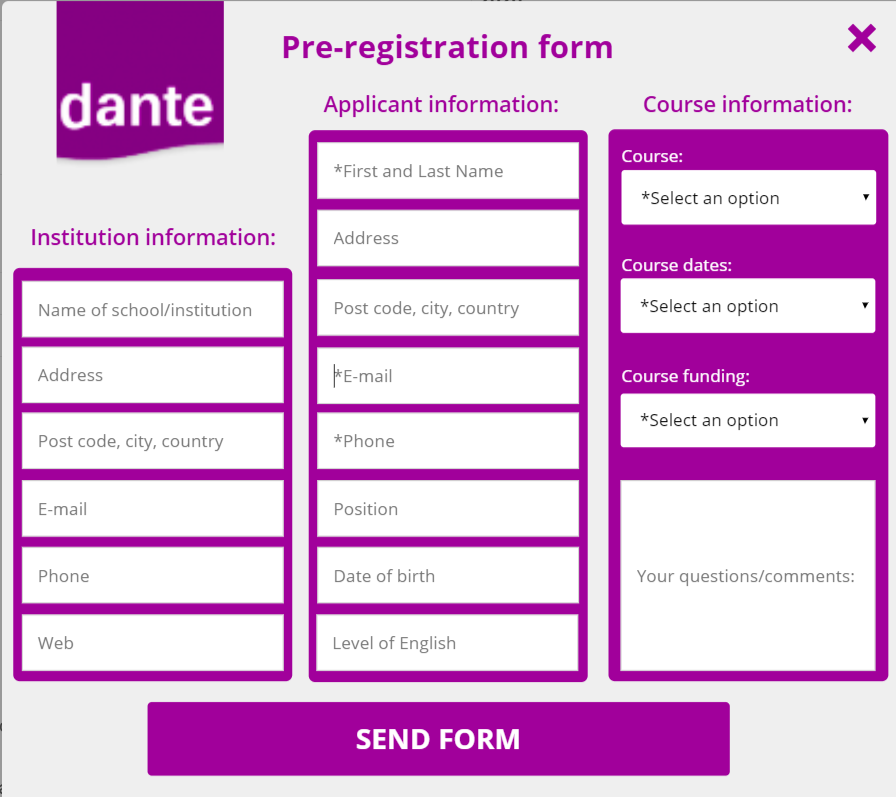Programme Summary
The course is aimed at all teachers, staff, professionals, and persons working in culturally diverse education contexts. Participants will gain a better understanding of challenges that diversity brings into the classroom and develop necessary skills for managing it. More specifically, course participants will have the opportunity to analyse the influence of culture on behaviour and communication as well as strengthen their mediation skills in conflicts caused by cultural differences. The aim of the course is also to show that diversity and potential problems related to diversity are not only obstacles to be overcome and to strengthen participants’ ability of using problem situations as a teaching tool.
Outcomes
After completing the course, participants will have/be able to:
- define and identify key elements of interpersonal communication and culture
- analyse and identify culturally determined elements of verbal and nonverbal communication
- compare and contrast different cultures’ values, beliefs, perceptions and communication styles
- apply different communication strategies in various multicultural contexts
- use effective strategies for working with culturally diverse groups and managing cultural differences in the classroom
- analyse diversity problem situations and use them as a teaching tool
- meet colleagues from other European countries, share experiences and examples of good practice
- develop their English communicative competence
Day by Day Programme
- Day 1:
- presentation of the training institution, trainers, and participants
- introduction to the programme
- needs analysis, participants’ expectations, and setting goals
- personal understanding of culture
- introduction to interpersonal communication
Day 2:
- culture and perception
- diverse cultural patterns
- Hofstede’s cultural dimensions
- practical experience and deeper understanding of cultural dimensions
Day 3:
- language and culture
- language and meaning
- language of co-cultures
- nonverbal communication
Day 4:
- intercultural communication and education
- intercultural issues: discrimination, prejudice, and racism
- dealing with cultural differences in the classroom
- problem situations as a teaching tool
- closing and evaluation of the course
Day 5:
- local cultural excursion
Target Groups
- primary and secondary school teachers working in a multicultural context
- teaching staff working with migrants and refugees
- cultural mediators
- migrants and refugees coming to live and work in Western Europe
- learners dealing with cultural diversity in the classroom
- academic staff working on international projects
Course Dates
10. 06. – 14. 06. 2020.
17. 06. – 21. 06. 2020.
24. 06. – 28. 06. 2020.
01. 07. – 05. 07. 2020.
08. 07. – 12. 07. 2020.
26. 08. – 30. 08. 2020.
02.09. – 06. 09. 2020.
Contacts
Adult Education Institution Dante
ADDRESS
Wenzelova 2, Rijeka, Croatia
PIC NUMBER
947034281
PHONE
00385 51 321 336
About Rijeka
To find out more how to get to Rijeka and where to stay, please click here
Register for a Course
